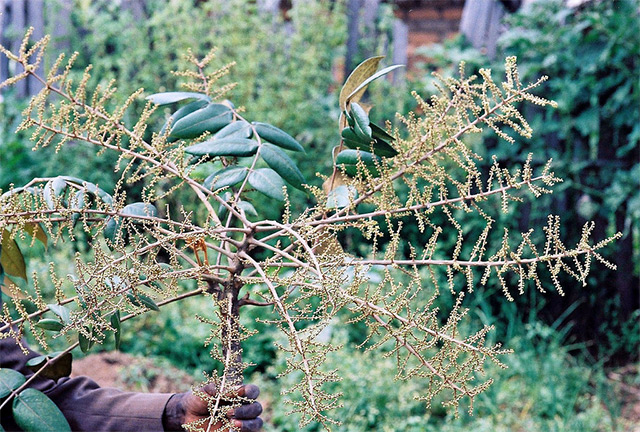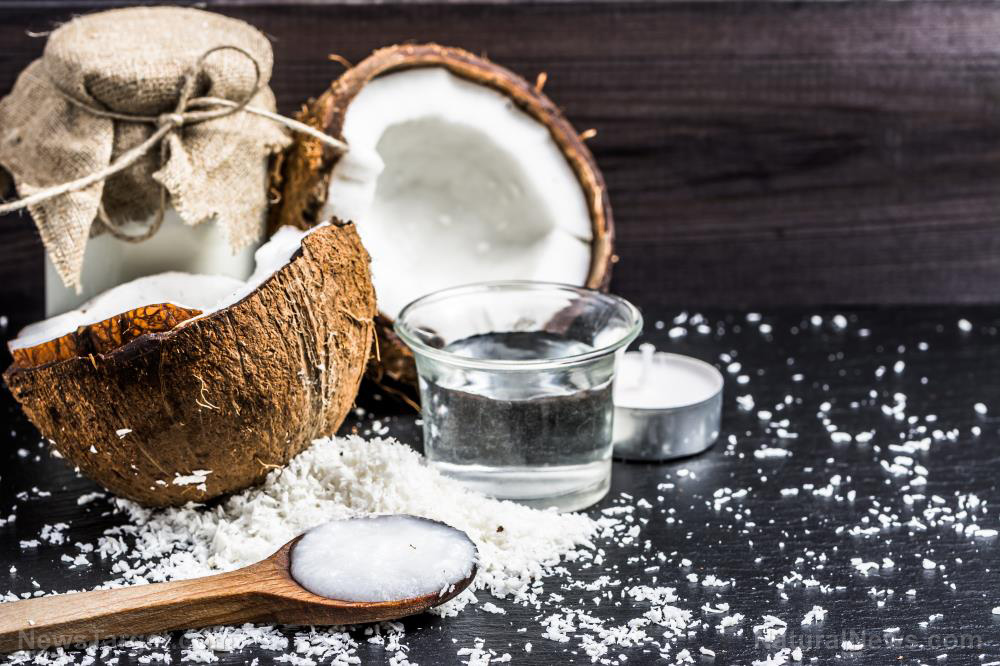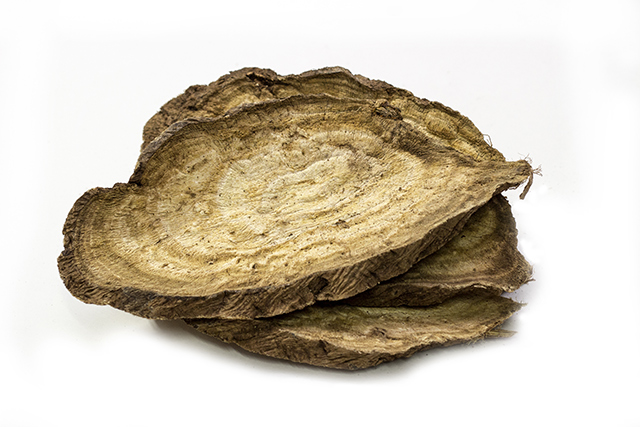A west tropical African plant analyzed to have strong antioxidant properties
11/06/2018 / By RJ Jhonson

A study published in BMC Complementary and Alternative Medicine found that the parasol tree (Polyscias fulva) possesses strong antimicrobial and antioxidant effects. This makes the tree a potential agent in treating various diseases.
Diseases, for the most part, are a constant problem in any part of the world. As it happens, many of the diseases that plague humanity — from simple colds and infections to serious conditions like cancer and heart disease — can be allayed or prevented with antimicrobial agents and antioxidants.
Humans have a fairly complex relationship with microorganisms in their environment. Some microbes are necessary for survival, while others tend to be opportunistic in the sense that they are harmless or beneficial in limited numbers and only for as long as the human immune system can keep them in check.
Antimicrobial agents have been utilized for a long time to control germs, but their increasing use has created a more complex problem – resistance. As microbes adapt to humanity, certain species develop resistance to conventional antimicrobial agents, making them harder to kill and possibly deadlier to humans, too.
Meanwhile, progress in the understanding of human health has brought to the public consciousness the value of antioxidants. These nutrients and compounds, often derived from natural sources, combat free radicals in the body, helping offset oxidative stress and prevent cellular damage. Oxidative stress is considered one of the leading causes of serious diseases, including neurodegenerative conditions and cardiovascular disease.
For the sake of efficiency, value, and safety, researchers are turning to natural sources of both antioxidants and antimicrobial agents. Those that possess both antimicrobial and antioxidant properties are seen to be very valuable not only because of their potentially strong ability to fight disease but also because of their ability to boost the body’s immunity from further infection.
The authors of the study had just recently uncovered the antifungal effects of the parasol tree. They decided to investigate its antioxidant and antimicrobial potential next.
To verify the plant’s antibacterial properties, they assayed crude fractions, n-hexane, ethyl acetate, n-butanol, and residual fractions, and isolated compounds from its stem bark. They then conducted several assays to gauge its antioxidant effects.
They learned that while the crude extract was effective against Salmonella typhi (typhoid fever) and infection-causing Enterobacter aerogenes, Pseudomonas aeruginosa, and E.coli, the ethyl acetate and n-butanol fractions were more active in that they required lower concentrations to kill bacteria. The crude extract, however, as well as the isolated compound methyl atrarate, showed the most promise as a free radical scavenger. (Related: An uncommon plant found in East Asia shows potent antioxidant properties.)
The results led the researchers to conclude that the stem bark of the parasol tree possesses powerful antimicrobial and antioxidant properties, making it a potentially good source of phytochemical antimicrobial medicine that can also protect from cell damage.
Boosting antioxidant levels naturally
Diet is the best way to obtain an adequate supply of antioxidants. Here are antioxidant-rich foods one can add to their diet for better health:
- Dark chocolate – Yes, even great-tasting food can be good for the body, too. Dark chocolate has more antioxidants per ounce than notable superfoods like blueberries and raspberries.
- Kale – Cruciferous vegetables are generally known for being nutrient-dense. Kale, for one, has a lot of vitamins A and C, as well as other antioxidants.
- Spinach – This leafy vegetable is one of the best sources of lutein and zeaxanthin, antioxidants essential to good eyesight and healthy eyes.
- Beets – Their characteristic red color comes from betalains, antioxidants that have been linked to improved colon health and lower cancer risks.
- Pecans – These nuts do not just contain lots of antioxidants, they also raise antioxidant levels in the blood. They can also lower blood cholesterol.
Learn how to use the power of plants for optimal health at Herbs.news.
Sources include:
Tagged Under: alternative medicine, Antimicrobial, antioxidant, free radical, herbal medicine, Herbs, oxidative stress, parasol tree, Polyscias fulva, remedies



















